
News writer
The Reconstruction era—that period in the American South that began immediately following the Civil War in 1865 and lasted through most of the following decade—was an arduous and often brutal historical crucible that spared few Southerners.
Over a quarter of Southern white men perished during the conflict, leaving families bereft of their breadwinners and forced to beat back the specter of poverty for years to come. Those members of the workforce who survived saw their incomes plummet amid mass economic upheaval and the devastation wrought by years of occupation by the Union Army.
The region's railroads, riverboats, bridges, and rail yards, meanwhile, lay in waste—a casualty of the Union's strategic destruction of Southern infrastructure. The South's vast and immensely profitable sugar and cotton plantations had endured years of bombardment, desertion, and disrepair, leading to the utter desolation of what had once been a mighty, if morally abominable, source of wealth.
Black Americans faced their own steep adversities in Southern states, staggering through the war's ruinous aftermath. Emancipation may have granted freedom to the nation's four million slaves, but it provided zero guarantees for their financial stability or the viability of their futures, and long-disenfranchised men and women were forced to scrape together livelihoods on a knife's edge. While many had hoped to work their own land in the years following the Civil War, stalled government policies sabotaged such aspirations; a decade after the Emancipation Proclamation, less than five percent of the nation's freed slaves were landowners.
Defined by pervasive uncertainty, political strife, and overwhelming material precarity, Reconstruction stretched the fortitude and mettle of millions of Southerners. While the South may have been moving, however haltingly, in the direction of meaningful and necessary progress, it was a slow, torturous process that offered little respite or deliverance for those scrabbling to survive.
Like many of the states comprising the Deep South, Louisiana, during the Reconstruction era, was desperate to pull itself out of these punishing economic circumstances. In 1868, the Louisiana General Assembly, at the time dominated by a combative faction of politicians known as the Radical Republicans, was seeking ways to increase the state's barren coffers when they encountered a seemingly irresistible offer. A man named Charles T. Howard, a longtime New Orleanian who'd been recently employed by a lottery company in Kentucky, was looking to establish a new firm in the Big Easy. If Governor Henry Clay Warmouth and the State Legislature were willing to charter a lottery company and grant Howard exclusive rights to operate such an enterprise in Louisiana, he'd contribute $40,000 a year to the state's treasury. Seeing an opportunity to funnel much-needed funds into their impoverished state in perpetuity—and, at least according to some contemporaneous accounts, line their own pockets through the bribes proffered by Howard—lawmakers agreed to the deal. A further stipulation exempted Howard's business from paying any state taxes on its profits.
On August 11, 1868, the General Assembly granted the new lottery company a 25-year charter. And because of the exclusivity agreement secured by Howard, with the charter's passage, all other gambling operations in Louisiana immediately became illegal. Just a few months after the bill's passage, on New Year's Eve, the firm opened its doors in an erstwhile bank building at the corner of Union Street and St. Charles Avenue in New Orleans. Howard's campaign of wooing Governor Warmouth and the Radical Republicans through glad-handing, treasury payments, and, perhaps, some clandestine, under-the-table financial “contributions” had paid off. The Louisiana State Lottery Company was born.
What the Louisiana lawmakers did not understand at the time, what they could not have possibly foreseen or fathomed, was just what they were ushering into existence when they signed that charter in the summer of 1868. It would have been all but impossible to anticipate that the Louisiana State Lottery Company would go on to become not only a behemoth in the world of gambling, raking in tens of millions of dollars every year with its veritable stranglehold on lottery games throughout the nation, but one of the most powerful entities in all of Louisiana and the South—a corporation that battled politicians, insinuated itself into vital institutions throughout the state and imposed its formidable will onto shaping the history and future of lotteries in America.
Reign of the octopus
From the very outset of his venture, Howard had a keen understanding of how the right optics could win over both regular Americans and the politicos and power players striding through the marble chambers of Baton Rouge. The Louisiana State Lottery Company held daily, weekly, and semiannual drawings, and Howard and his partner, John A. Morris, made sure that these were meticulously orchestrated affairs that cultivated an air of prestige and projected the company's bona fides. Drawings were held at New Orleans's famed Academy of Music theater, and the company provided all the pomp and circumstance befitting a grand theatrical event.
To lend the drawings a gloss of credibility, Howard hired two celebrated former generals in the Confederate Army, P. G. T. Beauregard, and Jubal Early, to oversee the proceedings. The men were paid annual salaries of $10,000 each—nearly $250,000 in today's dollars—to mostly stand sentinel during these events. As Biographical and Historical Memoirs of Louisiana put it at the time of its publication in 1892, “Assurance of complete honesty and fairness are secured in the personal supervision of the monthly and semiannual drawings by two of the most distinguished and respected confederate generals, Beauregard and Early, whose written certificates import complete verity from their unblemished character and reputation everywhere.” After all the tickets were inserted into small capsules and placed into a large glass wheel, a blindfolded boy was responsible for pulling the winning capsules out of the wheel and handing them over to one of the generals, who verified the ticket's authenticity. Young women dressed in bright, lavish hoop skirts then posted the winning numbers on a board.
These drawings, with their sheen of glamour and populist pageantry, became major events in New Orleans, captivating large crowds at the Academy of Music and generating buzz throughout the city. The energy that the Louisiana State Lottery Company whipped to a froth in New Orleans, Louisiana, and the South more broadly approached something close to a kind of lottery hysteria. With prizes as high as $600,000—a legitimate fortune at the time—people would go to extreme lengths to seize on anything that might provide the faintest possibility of an edge. Players were purported to have asked members of the clergy to bless their tickets, and some even consulted with Voodoo priests in hopes of divining the winning sequence of numbers.
Howard deployed optics in another way, too—to burnish his company's reputation as a benevolent presence in Louisiana and the Deep South. As his corporation's profile grew, he began carrying out carefully choreographed philanthropic endeavors that made the firm seem like an indispensable pillar of the larger community. Whenever the Mississippi River's levees broke and caused flooding in Louisiana, the company dispatched its own vessel, the Dakotha, to help repair the damaged infrastructure, and lottery officials distributed food and other resources to victims. Yellow Fever was notoriously rampant in New Orleans in the 1800s—particularly brutal summers could wipe out a full 10 percent of the population—and the corporation would hire unemployed workers to help the city bury its thousands of dead. Highly conspicuous undertakings like these helped the company endear itself to Louisianians who might have otherwise been skeptical of an enterprise hoovering up millions in untaxed profits.
A key to the Louisiana Lottery Company's revenue growth in the 1870s and 1880s was the ingenious way it leveraged the country's mail service (at the time, the United States Post Office Department). With agents strategically positioned all over the nation, Howard was able to sell thousands of tickets throughout the U.S. and have the receipts mailed back to the company's offices in New Orleans. Leveraging the power of the postal service, the company's tentacles glided and slunk into every corner of the continent, earning the firm the imposing nickname the “Golden Octopus.” That kind of boundless sprawl was largely unprecedented for a lottery industry that had long been regionalized, and the company was handsomely rewarded for its innovative model. While its finances weren't widely known at the time because the state government couldn't legally access the firm's books, there's general consensus today that Howard and his cohort were bringing in as much as $30 million a year (a staggering sum of around $900 million in today's dollars).
Underneath all the runaway financial success and the scrupulously fashioned humanitarian image, though, the corporation was concealing a few compromising secrets. Those glitzy drawings held in downtown New Orleans, for one thing, were not operating with the unassailable integrity that many thought. Unbeknownst to the general public, the company was taking all the unsold tickets for its lotteries and tossing them in the glass wheel alongside all the ones that sold. And who was the winner when an unsold ticket was pulled out by one of the corporation's blindfolded employees? The Louisiana State Lottery Company would proceed to keep all the revenue and effectively rake in its own jackpot.
The other secret was equally damning. Howard and his associates had long known that their lottery business—a de facto money-printing enterprise for all those involved—existed at the mercy of Louisiana state legislators. And those politicians would, on occasion, draft legislation that jeopardized the freedoms and monopolistic power the company enjoyed in the state. In order to prevent such bills from passing, Howard regularly made cash contributions to these politicians, greasing the wheels of the legislature and ensuring that his company would be allowed to continue its lucrative operations unimpeded.
Over time, the bribery and corruption would come to be a defining feature of the Octopus, as the corporation's tentacles were alleged to have reached into courthouses, statehouses, and banks all across Louisiana. They were the kinds of stains on the lottery's reputation and character that could not be washed out with a few charitable contributions or well-timed appearances along the Mississippi River’s flood zones, either, and they would play an outsized role in the seemingly indomitable enterprise's dramatic downfall.
Too big to succeed
By the 1880s, the Louisiana Lottery Company was approaching two decades as a consummate golden goose, an uninterrupted font of prosperity for its operators that enjoyed unchallenged supremacy among the nation's lottery outfits. But the election of Francis T. Nicholls, a Democrat and longtime critic of the firm's political machinations, to the governorship in 1887 would force the company into a grinding battle for its survival.
With the corporation's 25-year charter due to expire in 1893, John A. Morris, Howard's cofounder and the majority owner of the business, presented the state legislature with a new, far-larger offer to replace the original annual payments. If lawmakers renewed the charter for another 20 years, Morris promised to transfer $750,000 annually to the state treasury. When the bill headed to the statehouse for a vote, it faced a bitterly divided legislature. Following a tense, confrontational session, the Louisiana Lottery Company emerged victorious, having secured just enough votes to pass the constitutional amendment that would extend the firm's lottery dynasty by two more decades.
But Governor Nicholls, who staunchly opposed extending the lottery's charter, refused to accept the outcome, instead issuing a veto to the constitutional amendment. “Were I to affix my signature to the bill,” he declared in an impassioned speech to voters, “I would indeed be ashamed to let my left hand know what my right hand had done.” It was a stunning act of gubernatorial power and a stark reversal of fortune for Howard and Morris, who must have been left with a smarting sense of whiplash from the wild swings in their political fates. The veto wouldn't last, though. Just a few months later, the Louisiana Supreme Court overturned Nicholls's decision on the grounds that the governor had overreached.
While the company appeared to be once again on solid footing, their longevity seemingly secure after a year of harrowing political peril, the national tides were gradually turning. Anti-lottery sentiment, which had been smoldering for years as the business swelled its profits and influence, was working to a fever pitch, and the federal government was increasingly attuned to the palpable shift in how Americans viewed gaming corporations. After asking the postmaster general to investigate lotteries' use of the postal service, President Benjamin Harrison signed legislation in 1890 banning lottery companies from selling tickets by mail. By that point, the Louisiana Lottery Company was bringing in the vast majority of its revenue through its mailing operations, and the federal prohibition was financially devastating for the firm.
Its breadth and purview severely diminished, and its lofty status in Louisiana was marred by years of corruption accusations and negative press. The company would be dealt a final blow from within the state it once seemed to possess such a commanding hold over. When Murphy J. Foster—yet another anti-lottery Democrat—was elected governor in 1892, he moved swiftly to pass legislation banning the sale of lottery tickets anywhere in Louisiana. Once the corporation's charter was up at the end of 1893, it would be prohibited from operating in the state.
The extravagant drawings, the fervor gripping the streets and cafés of New Orleans, the powerful allies, and the towering shadow enveloping the Big Easy—it would all become a thing of the past, drifting into the flawed but irrefutably fabled history of the Louisiana State Lottery Company.
Transcending the Louisiana legacy
Somewhat amazingly, the mounting onslaught that outlawed the company's main business and drove it out of Louisiana did not kill the outfit completely. Absconding from the states, the firm established a new base for its enterprises in Honduras, where it would eke out a heavily retrenched existence for another two years. The onetime corporate juggernaut of the Reconstruction South was left to wither away in near-obscurity in Central America.
In the years that followed, the Louisiana State Lottery Company would leave a major legacy on gaming in the U.S. After years of watching the corporation's shady politicking and sweeping impunity, Americans grew disillusioned with a lottery industry they perceived as irredeemably compromised, forever in thrall to larger profits and willing to bribe, coax, and corrupt whomever it needed to in order to secure them. The demise of the company would effectively end the system in America for nearly 70 years.
Lotteries wouldn't reemerge until 1963 when New Hampshire passed a bill reintroducing a lottery system in the state. Other states soon followed suit, and eventually, much of America once again had access to legal lotteries. But the latest incarnation of the centuries-old game operates far differently from its notorious predecessor. Instead of the opacity that the Louisiana Lottery Company thrived under, modern lotteries are exceedingly transparent, with public access to detailed information about what the organizations do with their revenue, including the specific percentages that go to prize money and overhead expenses.
Today's lotteries are also run by individual states—plus three jurisdictions—rather than profit-hunting corporations. After the prize money is allocated and expenses are paid, these legislatures direct all the remaining proceeds to a roster of beneficiaries intended to advance the public good (which, in some cases, are voted on by citizens). In other words, Charles T. Howard and John A. Morris—whose lottery corporation made them fabulously wealthy—have been replaced by schools, scholarships, conservation trusts, and other worthy causes.
It's a far cry from the heady, opulent days of the Golden Octopus—which, of course, is exactly the point.
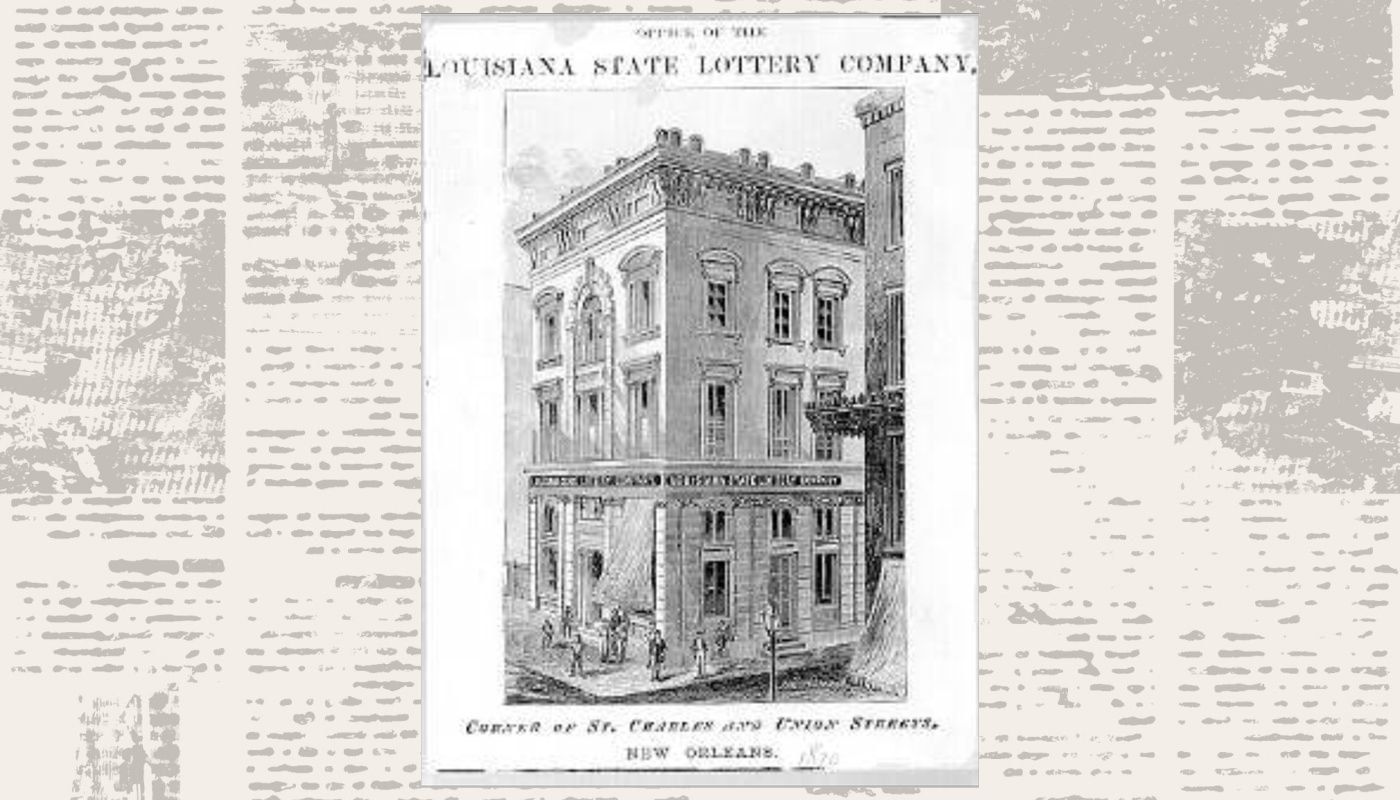


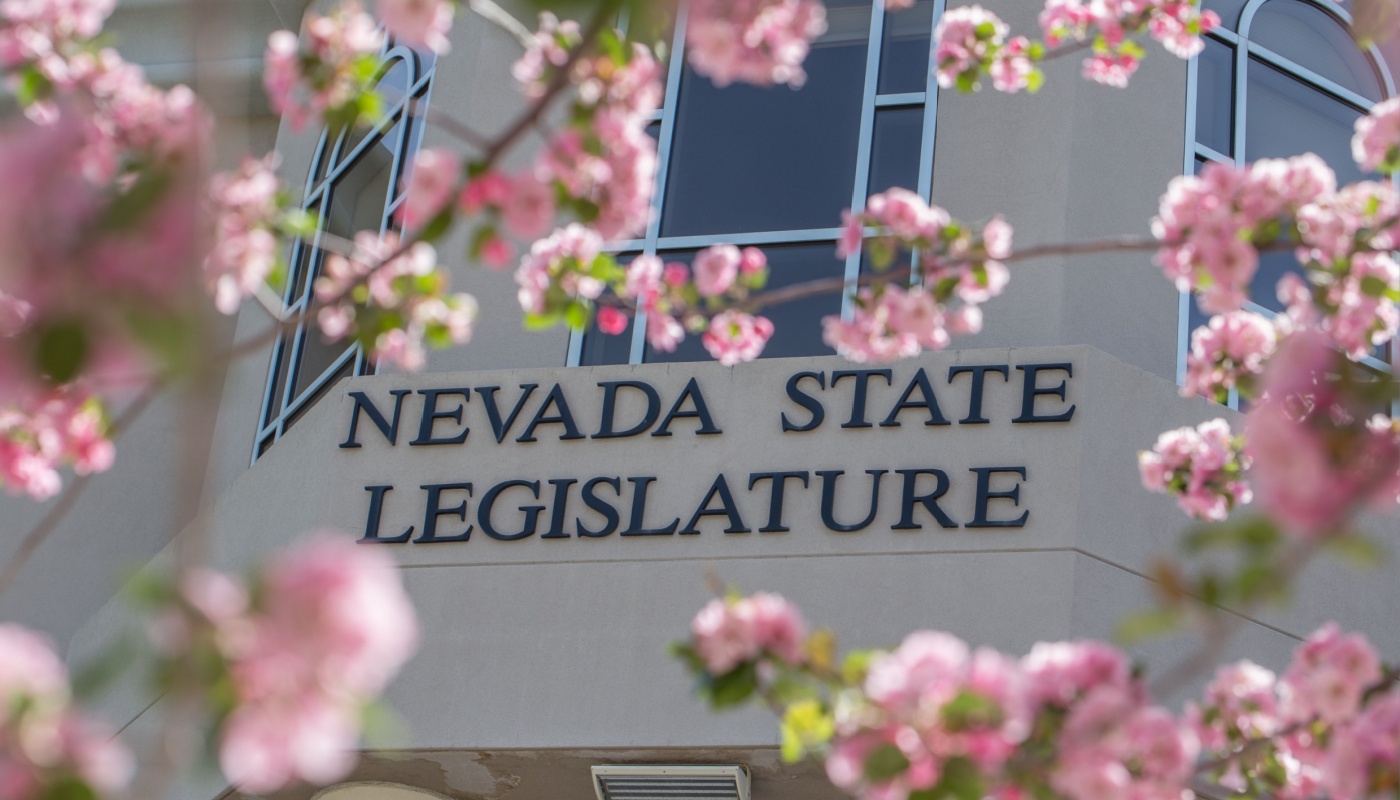

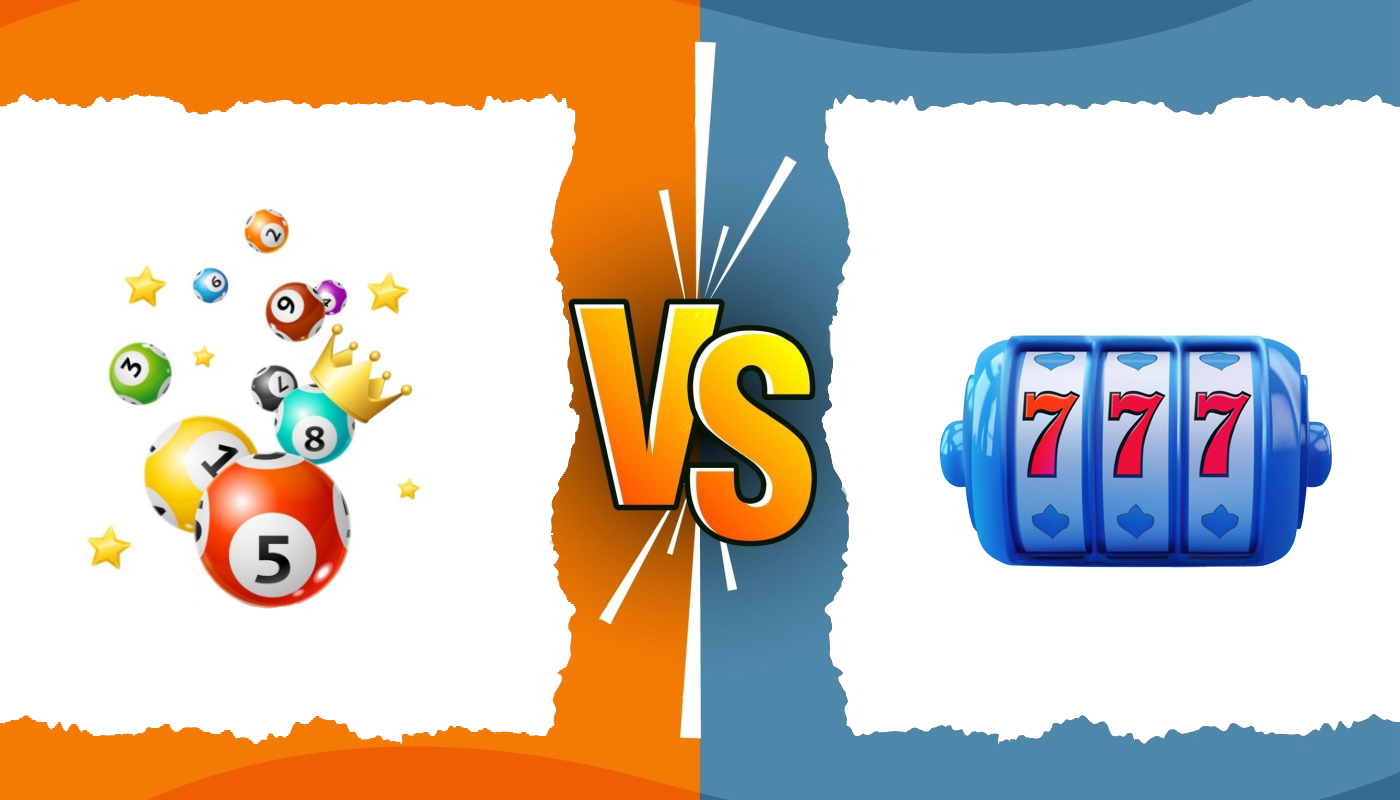



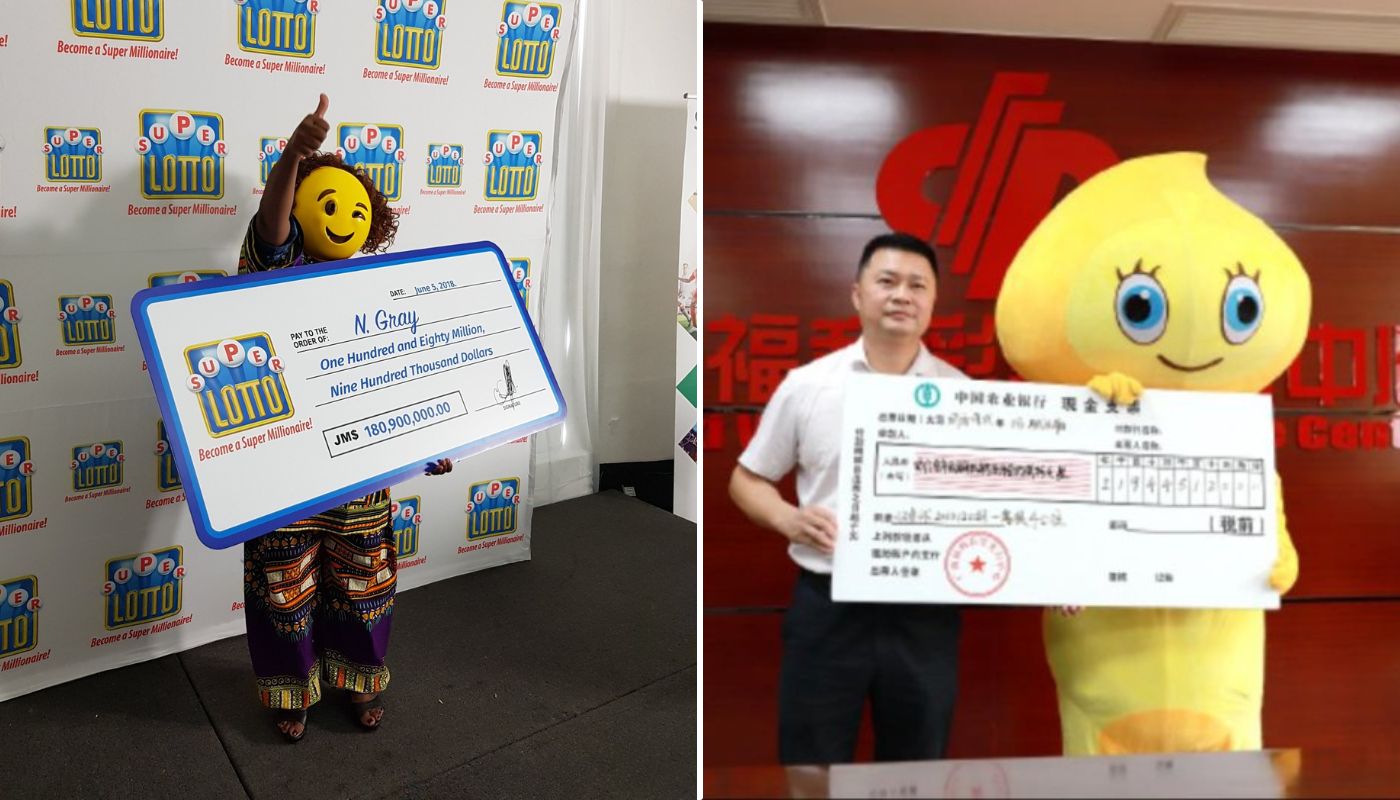
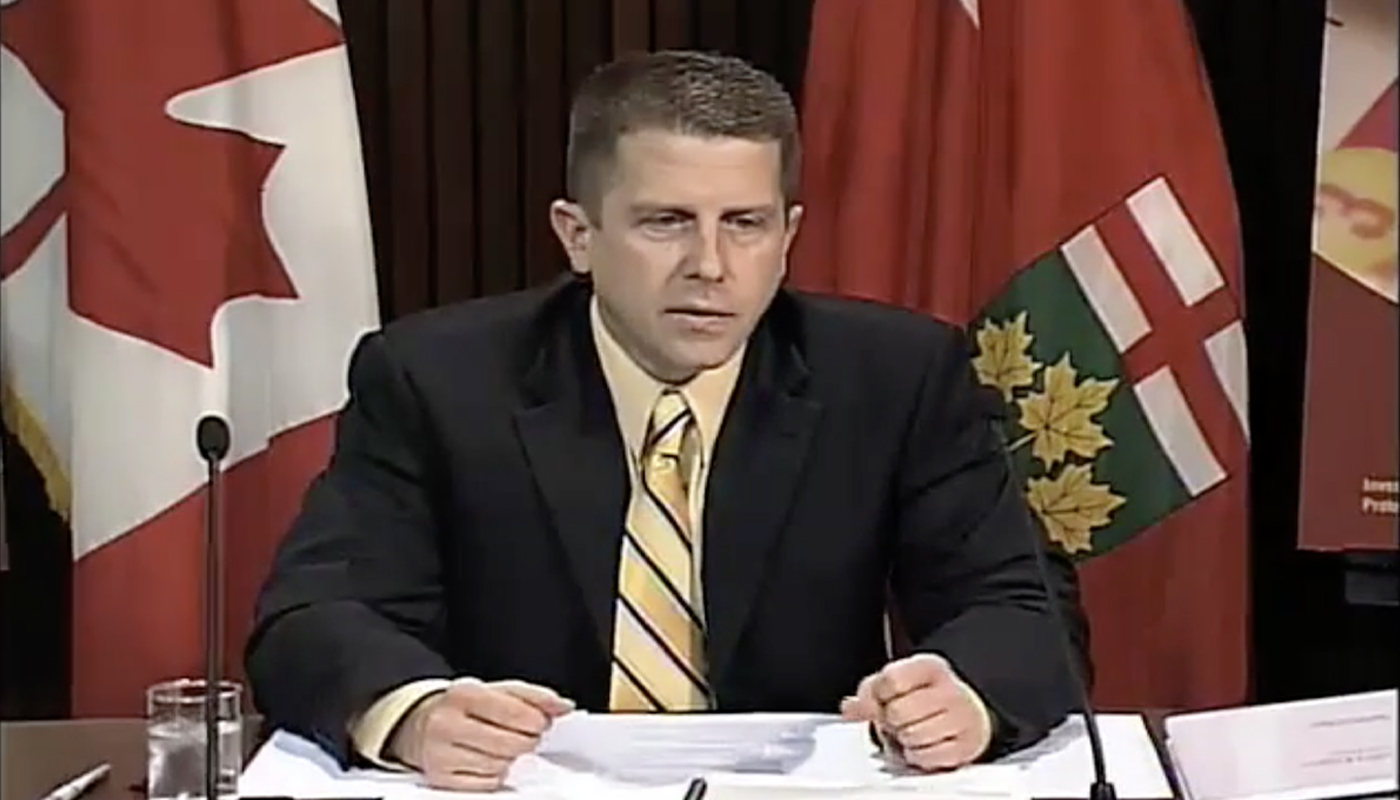








Comments